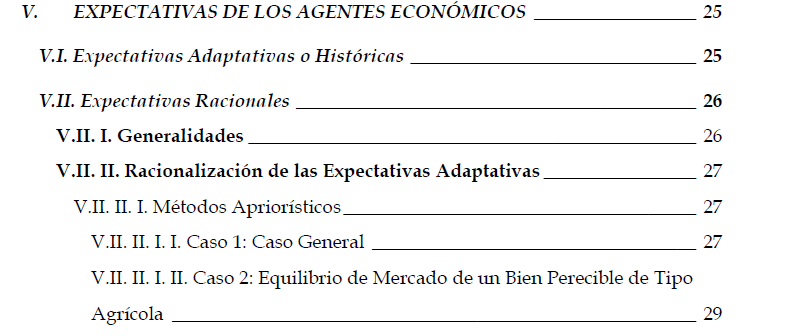ἓν οἶδα ὅτι οὐδὲν οἶδα, hèn oîda hóti oudèn oîda
(“Solo sé que no sé nada”)

Conocido también como el Siglo de Pericles, el periodo comprendido entre los siglos V y IV a.C. supuso el mayor auge en la historia del pensamiento y la cultura griega. Pericles, influyente político y orador ateniense, consolidó las instituciones democráticas y apoyó el desarrollo de su cultura, asegurando así la hegemonía de Atenas. Sus años de gobierno significaron el apogeo de las diversas manifestaciones culturares, correspondiendo a la superioridad de Atenas, vencedora de las Guerras Médicas. La civilización griega se desarrolló con una rapidez nunca vista hasta entonces, debido al esfuerzo que tantos hombres célebres dedicaron al cultivo de la cultura. Unidos a una nueva forma de gobierno, la democracia, alcanzaron su plena madurez todos los géneros artísticos y literarios, además del pensamiento filosófico. Arquitectura, escultura, historia, medicina, drama, comedia, filosofía… todo…











